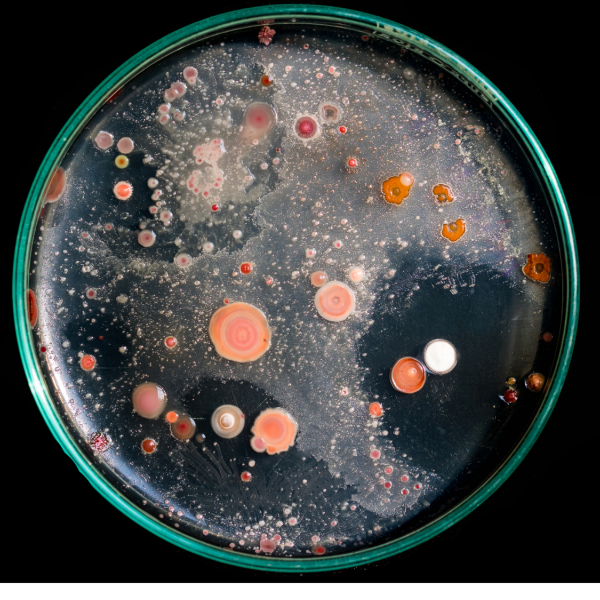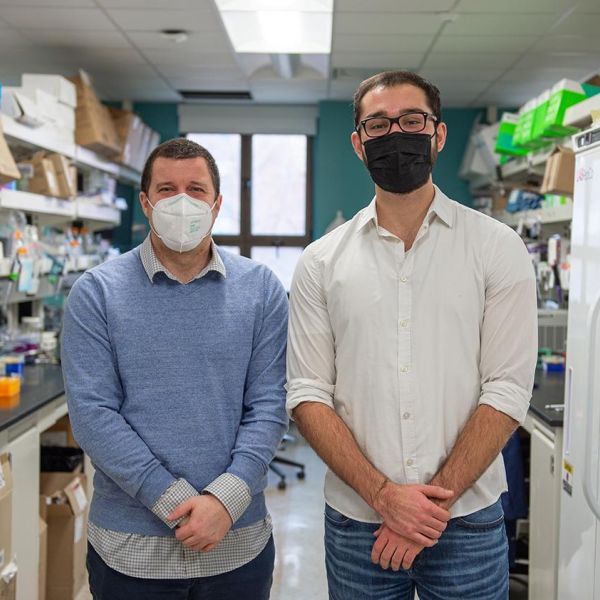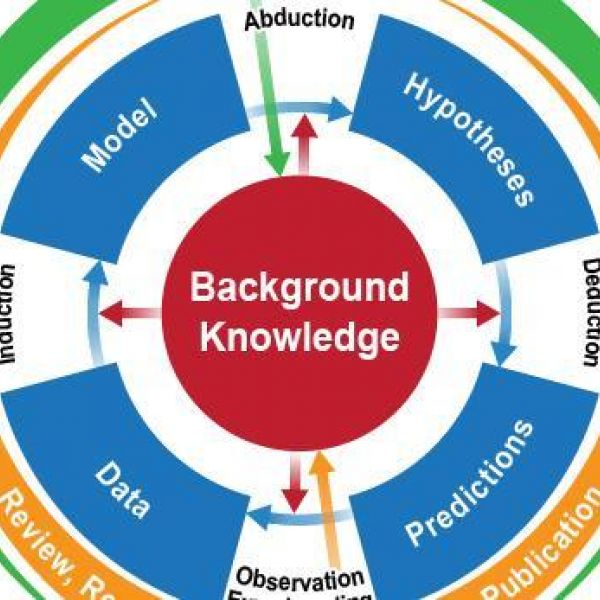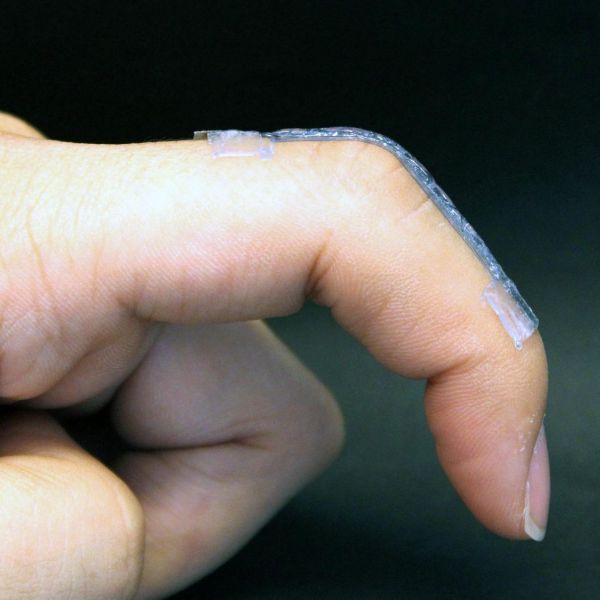News

Jul 19, 2024
Penn State professor named to advisory board of National Smell and Taste Center
Penn State sensory expert John Hayes has been appointed to the external scientific advisory board of the newly established National Smell and Taste Center at the National Institutes of Health (NIH).
Full Article

Jul 19, 2024
Troy Sutton named Huck Early Career Chair in Virology
Troy Sutton, assistant professor of veterinary and biomedical sciences in the College of Agricultural Sciences at Penn State, has been awarded a Dorothy Foehr Huck and J. Lloyd Huck Early Career Chair in Virology.
Full Article

Jul 19, 2024
Consortium of Rural States multi-institutional pilot awardees announced
Two Penn State faculty have been awarded funding through the Consortium of Rural States 2024 multi-institutional pilot award program, which supports translational science projects that identify and resolve barriers to conducting translational research.
Full Article

Jul 18, 2024
Microbiome Kickstart Workshop will assist newcomers to the field
The One Health Microbiome Center at Penn State has opened registration for its fifth annual Microbiome Kickstart Workshop. This free, comprehensive, workshop is a cornerstone training event for emerging researchers to launch their microbiome studies and network at Penn State.
Full Article

Jul 16, 2024
Twenty-two students receive NSF Graduate Research Fellowships
Three Huck graduate students are among twenty-two Penn State student recipients of the prestigious grant program for the 2024-25 academic year.
Full Article

Jul 04, 2024
Re-engineering cancerous tumors to self-destruct and kill drug-resistant cells
A team led by Penn State researchers has created a modular genetic circuit that turns cancer cells into a “Trojan horse,” causing them to self-destruct and kill nearby drug-resistant cancer cells. Tested in human cell lines and in mice as proof of concept, the circuit outsmarted a wide range of resistance.
Full Article

Jul 03, 2024
Arboretum at Penn State's Pollinator and Bird Garden wins international award
The Arboretum at Penn State has been recognized with an international award for sustainable landscape architecture for its Pollinator and Bird Garden.
Full Article

Jul 02, 2024
Potential new target for early treatment of Alzheimer's disease
A class of proteins that regulates cell repair and enhances cell growth-signaling systems could be a promising new target for the treatment of Alzheimer's and other neurodegenerative diseases, according to a new study led by researchers at Penn State.
Full Article

Jun 27, 2024
ICDS associate director's work driven by unanswered fundamental questions in AI
The work of Vasant Honavar, the Dorothy Foehr Huck and J. Lloyd Huck Chair in biomedical data sciences and artificial intelligence (AI) and a professor of data science in the College of Information Sciences and Technology professor of data science, is driven by answering fundamental questions using machine learning.
Full Article

Jun 26, 2024
Self-assembling, highly conductive sensors could improve wearable devices
To advance soft robotics, skin-integrated electronics and biomedical devices, researchers at Penn State have developed a 3D-printed material that is soft and stretchable — traits needed for matching the properties of tissues and organs — and that self-assembles.
Full Article